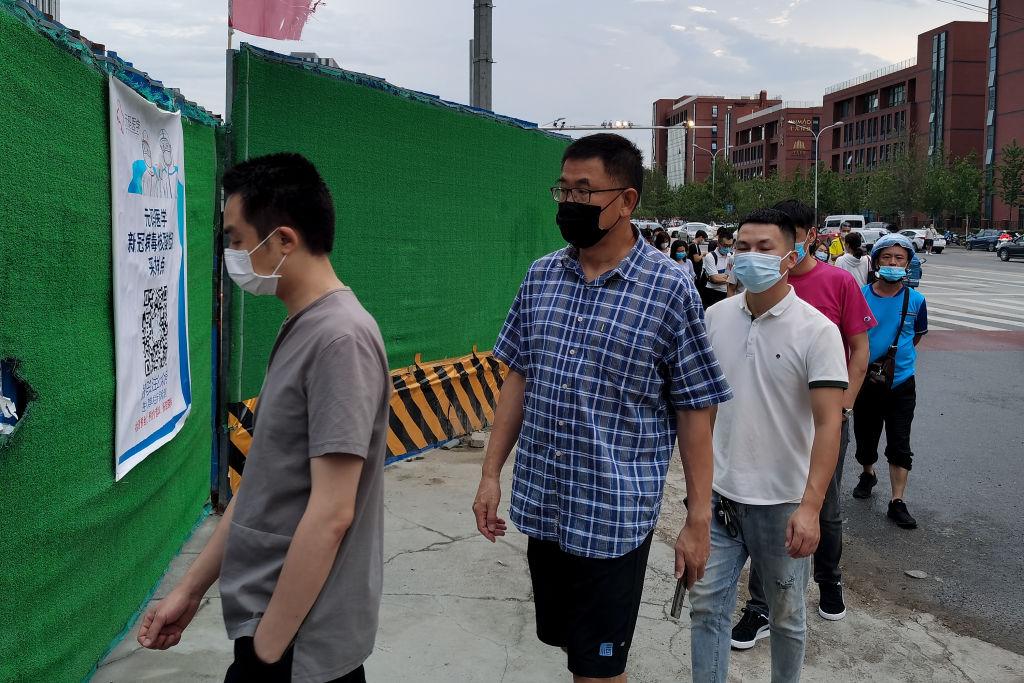Residents of Urumqi, the capital of China’s far-western region of Xinjiang, said they are being forced by authorities to take medication supposedly for preventing against CCP virus infections.
The city, with a population of about 3.5 million, has been placed under lockdown for over a month now, following reports of a cluster outbreak in mid-July. Citywide COVID-19 testing went underway and local communities were placed under “seal-off management”—meaning no one would be allowed to enter or leave.




